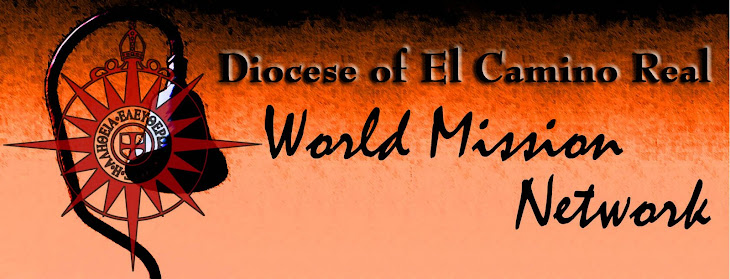At least 185 people - mostly women and children - have been killed in ethnic violence in South Sudan, officials say.

Eleven soldiers from the South Sudan army, the SPLA, who were protecting the Lou Nuer, were among those killed.
Several hundred people have died in such clashes this year - more than in Sudan's Darfur conflict, the UN says.
Most of the victims of the latest attack, which took place in the early hours of Sunday morning, were from the Lou Nuer.
Their camp is some 25 miles (40km) south-west of Akobo town, in Jonglei state.
Awash with weapons
Akobo commissioner Goi Jooyul Yol said that 185 bodies had been counted, including those of 12 soldiers.
He warned that more dead may yet be found.
"There may still be bodies in the bush, we don't yet know the full number," Mr Yol added.
He later told the BBC: "The attack was well coordinated and planned, and there was a lot of reconnaissance before the attack because they knew exactly who they were targeting."

The state's governor, Kuol Manyang, told the BBC that a few survivors had made it back to Akobo town, though many of them were wounded.
Those killed, he said, were on the fishing expedition because food supplies were running out following an attack in June on river barges carrying aid.
He appealed to the UN World Food Programme to find a way of getting food to them.
Violence over land and cattle in South Sudan is exacerbated by a ready supply of firearms following the end of the civil war with the North in 2005.
Analysts say the violence comes at a critical time for Sudan, as tensions grow in the north-south unity government.
Elections are due in April 2010, the first chance to vote for many in decades.
After that, a 2011 independence referendum is due for the south, which many believe will see Africa's biggest nation split fully in two.
Story from BBC NEWS:





No comments:
Post a Comment